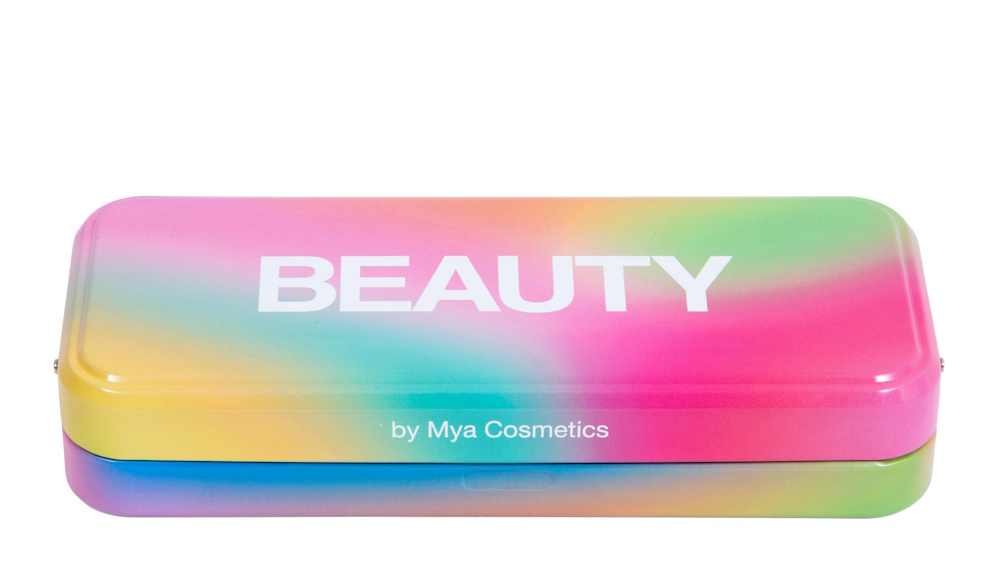From seed to skin, New Zealand’s ManukaRx sets the standard on conscious business practices

ManukaRx is a sustainable, conscious and restorative New Zealand skincare brand that harnesses the power of native triketone-rich mānuka oil from the East Cape region of New Zealand to create powerful, potent and science-backed skincare. As the use of natural ingredients, harvested from Mother Nature, continue to dominate the international beauty and skincare industry, it’s important to consider the end-to-end impact of relying on natural environments to create products for personal use and business gain.
The benefits of using natural and organic ingredients within skincare, beauty and cosmetic products is so popular with users as they are safe, effective and naturally nourishing. Less chemicals and more natural goodness make natural products desirable, and rightly so. However, using natural ingredients directly from Mother Nature must come with a responsibility of the business and brand to care for and restore the environment of which their ingredients are sourced. New Zealand’s ManukaRx achieves this in a deeply considered way, from environmental regeneration to land use to being involved in the creation process of their products from seed to skin.
ManukaRx began with a vision to improve skin confidence by improving skin health and along with their parent organisation, Manuka Bioscience, are devoted to the sustainable growing, processing and development of East Cape mānuka oil as an active ingredient for skin health. The result is a revolutionary product range that rejuvenates and restores skin while rejuvenating and restoring the environment that helped produce the product.
ManukaRx uses East Cape mānuka oil which is an essential oil that is extracted from the leaves and twigs of mānuka trees (Leptospermum Scoparium) via a 5-6 hour process of steam distillation. While mānuka trees are native to both New Zealand and Australia, only mānuka trees native to New Zealand, and especially the East Cape region of New Zealand, contain a unique chemical identity called triketone. Triketone-rich mānuka oil has astonishingly impressive restorative benefits for skin, making it a precious, potent and powerful multi-purpose natural skincare ingredient.
From seed to skin, ManukaRx are involved in every single step of the creation process for their skincare collections, including helping to plant 5,000,000 mānuka trees on the East Cape of New Zealand.
The 180 hectares of mānuka plantations utilised by ManukaRx are run in conjunction with local iwi (Māori community) who are paid for the rights to use the land and also have a share in the profits. The sustainably produced mānuka oil supports the local economy, provides employment, fair land use and environmental regeneration through native mānuka planting that supports the health of the soil and land for years to come. It’s possible to look after the consumer with a naturally nourishing nasty-free product while also looking after the environment that made the product possible, and ManukaRx has set the standard on how.
To learn more, visit www.manukarx.com.au






















